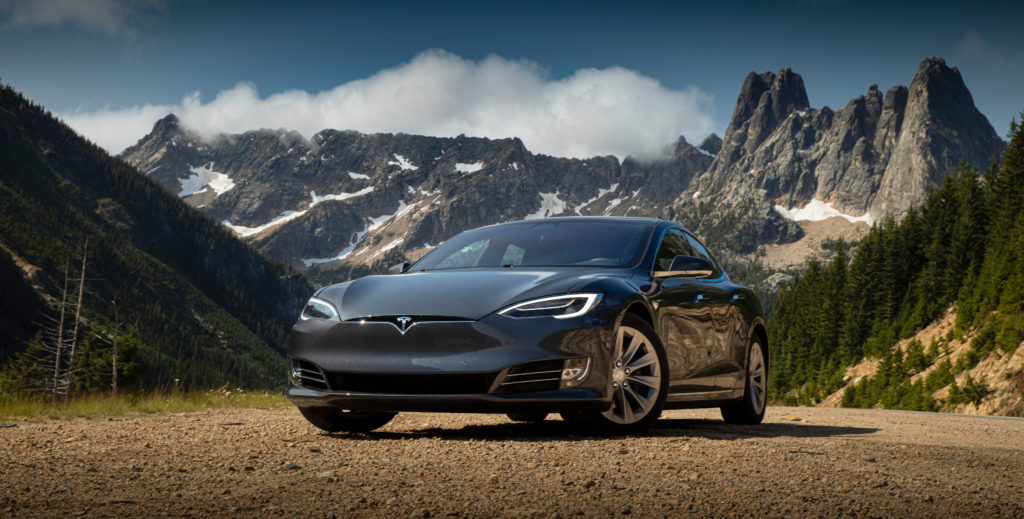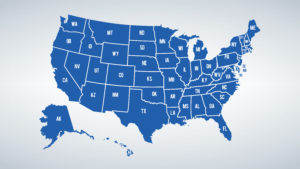Shareholders Pleased as Musk Decides Against Taking Tesla Private

The shareholders are pleased that Elon Musk decided against taking tesla private in what was sure to be a controversial move. Not wholly unlike several bold and surprising moves the worlds most famous entrepreneur has done in recent years. Tesla’s CEO Elon Musk recently created quite a stir after suggesting he was considering taking his car company private. Things got even more serious last week when Musk hired Morgan Stanley to advise him regarding such a bid.
However, news broke early Saturday morning that Musk had abandoned the idea. Although he said there was more than enough funding to do it, ultimately he decided against it because current shareholders asked him not to.
Investors surely had their reasons for wanting the company to stay public, including a very large tax bill if Tesla had gone private. Musk had said his idea would’ve been to allow current shareholders to remain invested if they wanted, via a special fund. He also said he would’ve offered $420 a share to those who wanted to sell.
That being said, if current shareholders would’ve stayed invested they would have had to sell their current shares and then purchase shares in the special fund. So what would the tax implications had been if that had happened? Any investors that made a profit from selling those shares would’ve been taxed no matter what they did with the money.
For investors that got in at the beginning a hefty tax bill would have awaited them. Consider that when the company first went public it opened at a price of $19 a share. The stock has since climbed to a current rate in the neighborhood of $340 a share. For someone that originally invested $10,000, that would now be worth close to $179,000 at the current share price. With the top capital gains tax rate at 20 percent, that’s a $33,800 tax bill.
But shareholders are breathing a sigh of relief knowing they won’t have to pay that price, at least for now.
About Tesla (from Wikipedia) Founded in July 2003 by Martin Eberhard and Marc Tarpenning, the company’s name is a tribute to inventor and electrical engineer Nikola Tesla. In February 2004, via a $6.5 million investment, X.com co-founder Elon became the largest shareholder of the company and its chairman. He has served as CEO since 2008.
According to Musk, the purpose of Tesla is to help expedite the move to sustainable transport and energy, obtained through electric vehicles and solar power. Began production of its first car model, the Roadster sports car, in 2009. This was followed by the Model S sedan in 2012, the X SUV in 2015, the Model 3 sedan in 2017, and the Y crossover in 2020.
The Model 3 is the all-time best-selling plug-in electric car worldwide, and, in June 2021, became the first electric car to sell 1 million units globally. Tesla’s global sales were 936,222 cars in 2021, a 87% increase over the previous year, and cumulative sales totaled 2.3 million cars at the end of 2021. In October 2021, Tesla’s market capitalization reached $1 trillion, the sixth company to do so in U.S. history.
We hope you found this article about “Shareholders Pleased as Musk Decides Against Taking Tesla Private” helpful. If you have questions or need expert tax or family office advice that’s refreshingly objective (we never sell investments), please contact us or visit our Family office page or our website at www.GROCO.com. Unfortunately, we no longer give advice to other tax professionals gratis.

To receive our free newsletter, contact us here.
Subscribe to our YouTube Channel for more updates.
Considerately yours,
GROCO, GROCO Tax, GROCO Technology, GROCO Advisory Services, GROCO Consulting Services, GROCO Relationship Services, GROCO Consulting/Advisory Services, GROCO Family Office Wealth, and GROCO Family Office Services.

Alan L. Olsen, CPA, Wikipedia Bio

Proud sponsor of the AD Show.

India Teaming Up With United States in Joint Effort to Find Hidden Cash
India is reportedly going after so called “black money” which Indian citizens who are living abroad, are apparently hiding in offshore accounts, including here in the United States. According to reports, the Indian Government believes that as much as $350 billion is hiding in unreported bank accounts and other financial institutions. India is already gathering…
Is Your Company in the Market for a Fairness Opinion?
Is Your Company in the Market for a Fairness Opinion? Is that really fair? In my opinion, yes it is. Obviously a fairness opinion is much more than that in the financial and business world. So what is a fairness opinion, exactly? One of the final parts of any sale or merger is a fairness…
Communication Between Managers and their Employees
By Emily Topham Communication Between Managers and Their Employees Managers have a daunting task—finding the right level of communication between them and their employees. It can be difficult for new managers to transition into the level of communication that is required by a leadership position. But discovering how to communicate well can make or…
Which States Are Good, and Bad, for Taxes?
How attached are you to the state you live in? Although most people would rather not relocate, where a person lives can actually make a huge difference in his or her tax bill. That’s because Kiplinger recently released its list of the most and least “tax-friendly” states when it comes to taxes. The business publisher…



